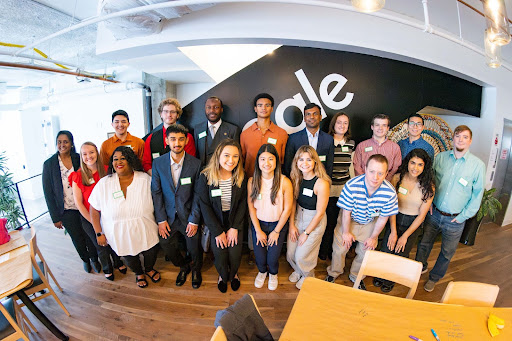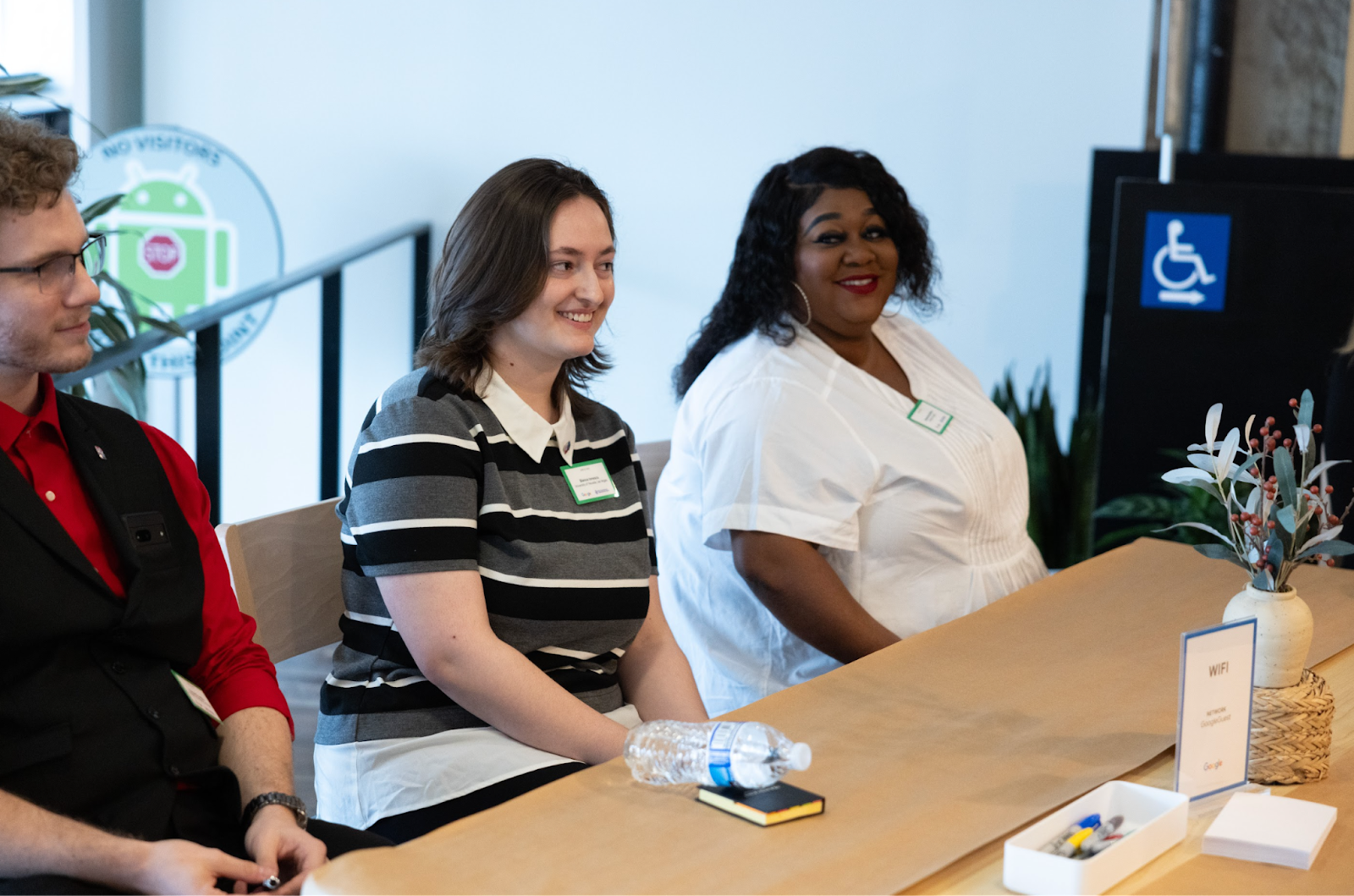When Bianca Ionescu graduated from her performing arts high school in 2020, she had no idea she would soon turn her years of orchestra experience into a major in Information Systems.
In 2018, Bianca’s sophomore year math teacher told her class about Gen Cyber, a week-long cybersecurity boot camp hosted at the University of Nevada-Las Vegas. While Bianca had dreams of becoming a professional musician, she had seen many performers struggle financially in the aftermath of the pandemic. In contrast, the stability and opportunity of a cybersecurity career made the path very compelling.
“I learned a lot within that little week,” Bianca says of her Gen Cyber experience. Since then, she’s become involved in UNLV’s student-run cyber clinic that provides cybersecurity training to local businesses – and joined Gen Cyber as a teaching assistant, where she’s introduced high schoolers to cybersecurity career paths. Now, she’s considering a career as a cybersecurity consultant. “As much as there is huge demand for skilled professionals, even entry-level positions or internships are always asking for [cybersecurity] experience,” Bianca says. “We’re able to build that experience and make sure they get those opportunities.”
In 2022, cyber attacks increased by 38% globally compared to 2021, and have cost the U.S. economy billions. But while the risk of cybersecurity threats continues to grow, the number of cybersecurity workers has not kept up with the pace of demand. The U.S. alone needs to fill more than 650,000 roles to help secure critical systems and infrastructure.



